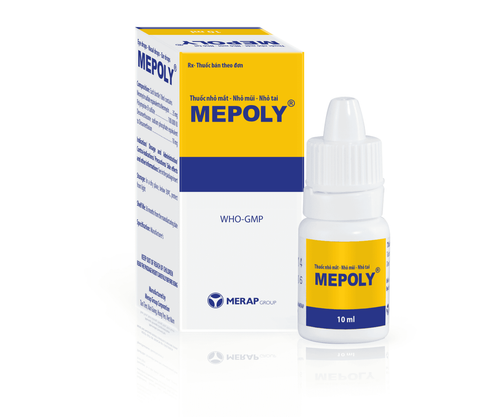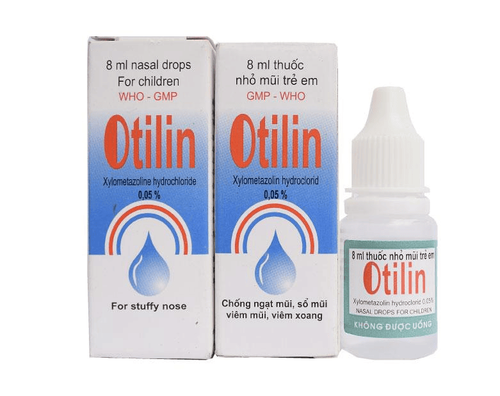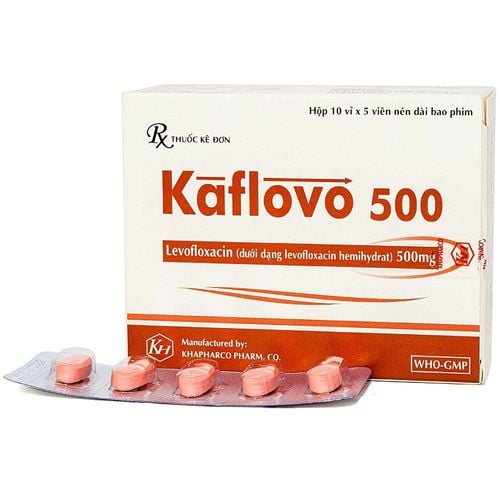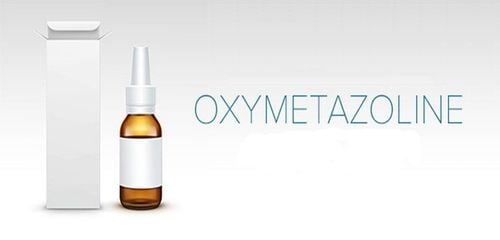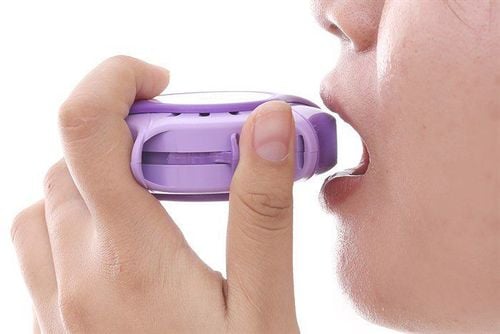This is an automatically translated article.
The article was professionally consulted with Specialist Doctor I Le Van Quang - Department of General Surgery - Vinmec Nha Trang International General HospitalSinusitis makes patients miserable and uncomfortable. Currently, endoscopic sinus surgery is very popular.
1. Definition of endoscopic sinus surgery
Functional Endoscopic Sinus Surgery (FESS) is surgery of the sinuses through the nose with the guidance of an endoscope. The goal of endoscopic sinus surgery is to restore ventilation and drainage of the nasopharynx complex, allowing the mucosa in the sinuses to self-heal in structure and function.
Phẫu thuật nội soi mũi xoang được áp dụng phổ biến trên khắp thế giới
2. Advantages of endoscopic sinus surgery
With outstanding advantages in increasing illumination, clarity and ability to observe anatomical landmarks in the nasal cavity, doctors can easily access and objectively and accurately evaluate diseases deep in the nasal cavity. Remove the lesions, while preserving the healthy mucosa as much as possible, even the pathological mucosa can be restored, avoiding the radical curettage of the mucosa as in the previous radical surgery. It is the restoration of the sinus mucosa that is the basis of healing. The surgery is gentler, more precise, and the surgery is done under the light of the Clar lamp. No need to stay in the hospital, you can go home at home. Safe surgery with few complications.3. How is endoscopic sinus surgery performed?
Indications for endoscopic sinus surgery (FESS):
Chronic rhinosinusitis, failed medical treatment. Nasal polyps. Endoscopic sinus surgery is performed under endotracheal anesthesia in the operating room. Endoscopic sinus surgery is performed only inside the nose, without making an external incision. The endoscopic image is projected on the screen, the surgeon uses very small instruments specifically for endoscopic surgery, removes the lesions in the nose and sinuses, and at the same time widens the sinus openings, restoring the normal flow. air and drainage in the sinuses. Separation orthopedic surgery, ablation of the nasopharynx can be performed at the same time as FESS.
FESS surgery time is about 1 hour.
After surgery, the patient will be placed 2 sponges (merocel) on both sides of the nasal cavity to stop bleeding. These two sponges can be removed 24 to 48 hours after surgery.
FESS success rate: 80-90% of patients have symptom relief and are satisfied with the FESS results.
Nasal congestion, facial pain, headache: Good results. Postnasal drip: Only 50% of patients improve. Odor loss is reversible after FESS, but it takes several months of postoperative treatment with nasal steroids. If polyps are present, they may recur in 50% of patients, occurring many years after successful surgery.
4. Notes before surgery
Fast for 6 hours before surgery. Inform your doctor about any medications you are taking or are taking because some drugs affect blood clotting.5. Things to know after surgery
After surgery, you will wake up in the recovery room. Your nose now has 2 hemostatic sponges, so you can only breathe through your mouth. There may be some blood in your nose or mouth, this is normal and should go away after that. You will feel tired, sore throat, stuffy nose, and thirsty.
Người bệnh nên khám chuyên khoa Tai Mũi Họng định kỳ để phát hiện bệnh lý bất thường
6. When can you go home?
After FESS surgery, you can go home the same day. After FESS, you will feel like you have a cold for the first one to two weeks because the nasal mucosa will be swollen after surgery like in the case of a viral infection. You will see mucus, bruised blood flowing from the nose to the throat for about 3 months after surgery. This is normal, nothing to worry about.7. Things to avoid in the first 2 weeks after surgery
Should not be exposed to tobacco, smoke, dust. Heavy work, including gymnastics. Avoid blowing your nose hard, blowing your nose gently is okay, especially after washing your nose. Avoid contact with people who have the flu. Do not drink a lot of alcohol. Swim diving after surgery. Sinusitis is a common disease in countries with a tropical monsoon climate like ours. When suffering from acute sinusitis, it is necessary to be examined by an ENT doctor and advise on appropriate treatment to avoid progression to chronic sinusitis.
The Department of Otolaryngology of Vinmec International General Hospital with modern equipment and sterile examination space will reduce infection between patients. Along with that, the ward space is quiet, helping patients recover quickly, shortening the hospital stay.
Please dial HOTLINE for more information or register for an appointment HERE. Download MyVinmec app to make appointments faster and to manage your bookings easily.




